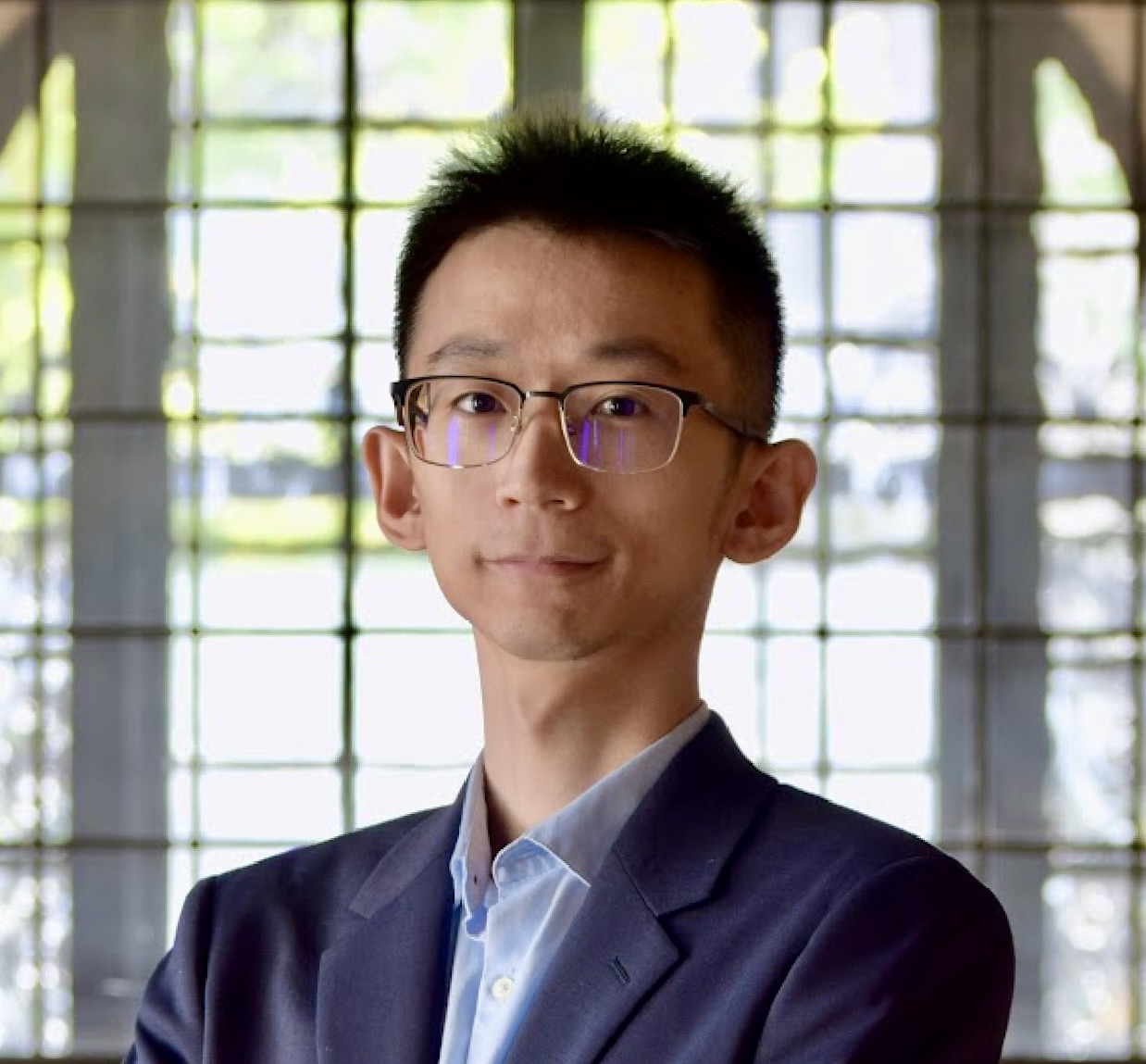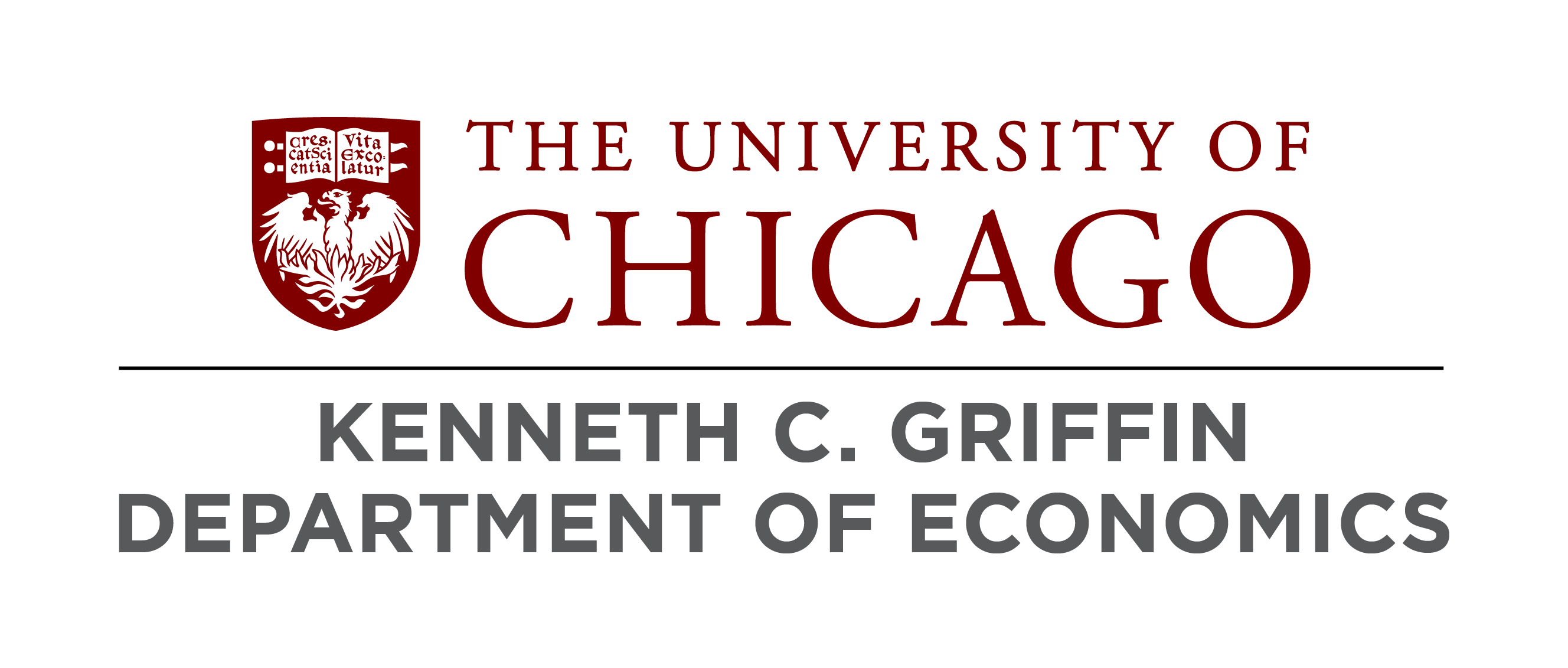
Primary Research Focuses: International Trade, Industrial Organization
Secondary Research Focuses: Production Networks, Firm Dynamics, Labor Economics
References:
- Esteban Rossi-Hansberg (Committee Co-chair)
- Rodrigo Adao (Committee Co-chair)
- Chad Syverson
- Felix Tintelnot
Job Market Paper: "Learning in Firm-to-Firm Trade"
[Abstract] We study how firms’ productivity growth depends on the productivity of their suppliers and buyers and examine the aggregate implications of this form of learning. Using data on firm-to-firm transactions in Belgium, we document evidence consistent with learning from both suppliers and buyers, particularly from the most productive ones. To study the implications of this form of learning in general equilibrium, we develop a model in which firm productivity growth is shaped by the productivity of an endogenously formed network of suppliers and buyers, where firms bargain over the surpluses from trade and learning. Learning between suppliers and buyers increases bilateral trade volumes: suppliers charge lower markups when they learn more from buyers, and buyers have higher demand when they learn more from suppliers. We estimate a small open economy model with firms learning from both domestic and foreign trading partners. Quantitatively, we find that the value of learning is equivalent to 19 percent of aggregate consumption. Welfare gains from reductions in international trade participation costs are underestimated by over 7 percent without learning. Gains from trade are amplified when foreign partners are more productive through productivity catch-up and network upgrading, but are dampened when less productive foreign firms crowd out domestic learning and weaken incentives to form productive relationships.
 THE UNIVERSITY OF CHICAGO
THE UNIVERSITY OF CHICAGO

